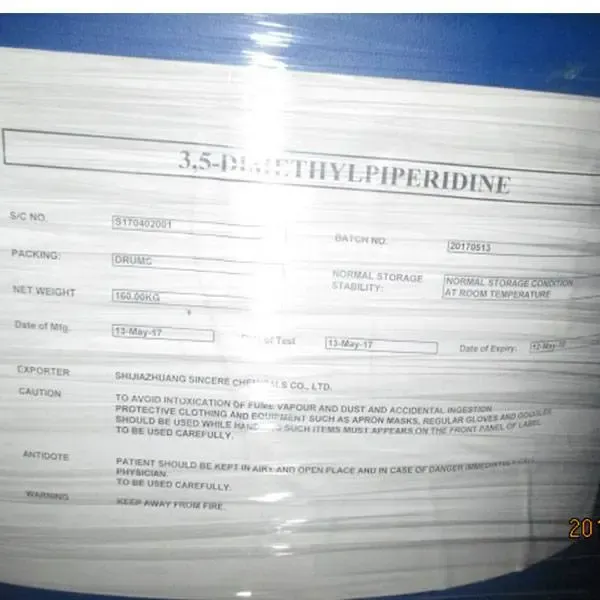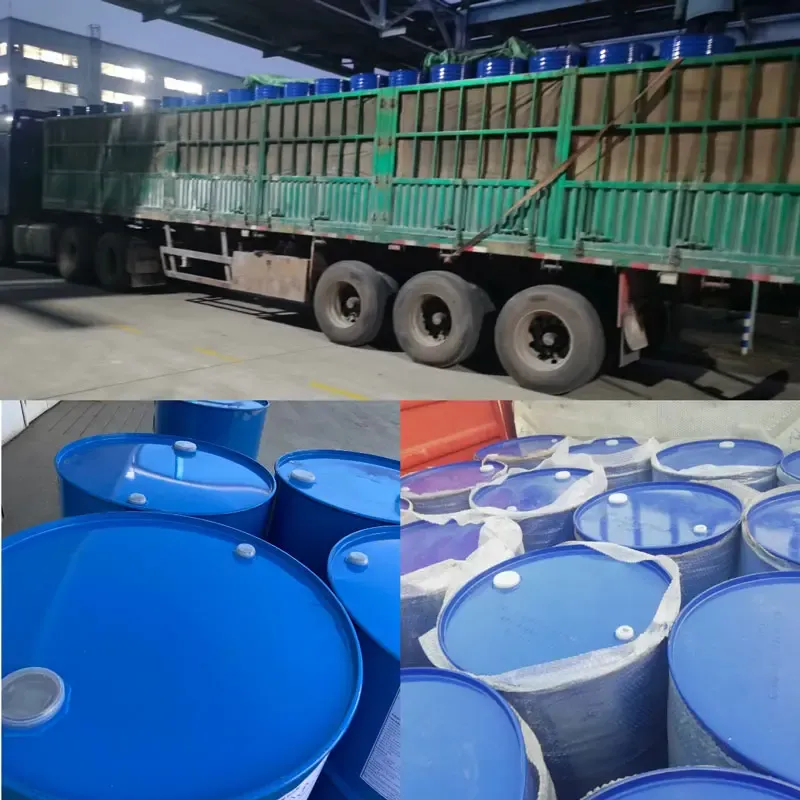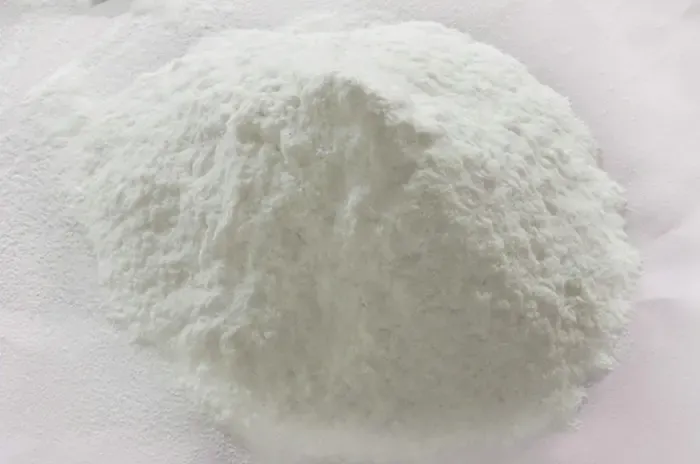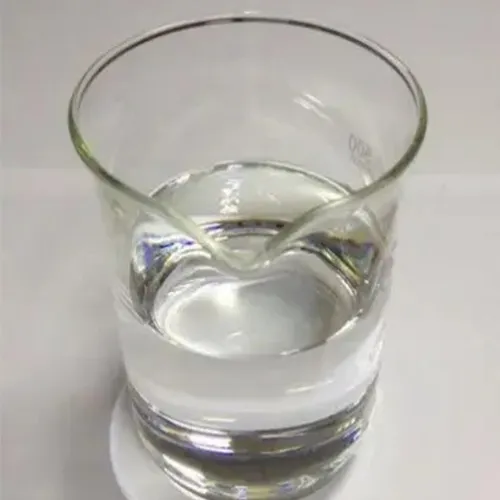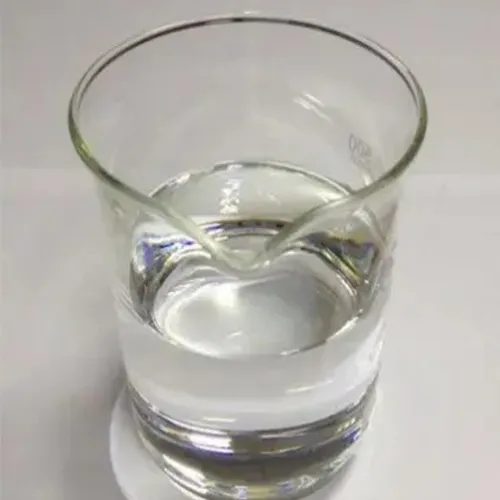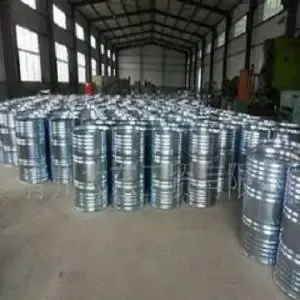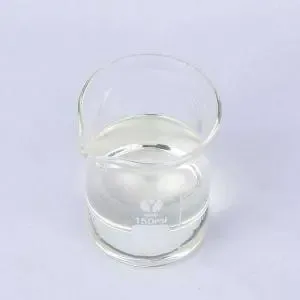N-Methylcyclohexylamine Supplier | High Purity, Bulk Stock
A practical insider’s take on N-Methylcyclohexylamine in today’s supply chain
Every few quarters I revisit amines because, to be honest, they punch above their weight in water treatment and synthesis. Lately, demand for N-Methylcyclohexylamine has been steady—driven by boiler treatment programs and as a nimble intermediate in pharma-adjacent routes. Below is what I’m seeing on specs, sourcing, and real-world use, with a couple of notes from the field.
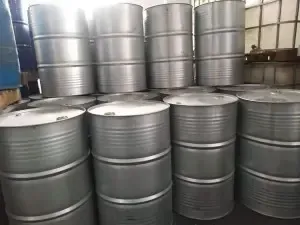
At-a-glance product specs
| Chemical name | N-Methylcyclohexylamine |
| CAS No. | 100-60-7 |
| Molecular formula / weight | C7H15N / 114.2 |
| Appearance | Colorless to yellowish liquid |
| Assay (GC) | ≥98% (typical lots ≈99.0% in my notes) |
| Boiling range | 61–63 ℃ (supplier range; real-world data can vary by method) |
| Refractive index | n20 D ≈ 1.456 |
| Specific gravity | ≈0.8689 |
| Solubility | Slightly soluble in water; soluble in benzene, alcohols |
| Packaging | 170 kg iron drum (sealed, nitrogen blanket recommended) |
| Origin | Jinling Mansions No.106-1 East Yuhua Rd., Shijiazhuang, Hebei, China |
Where it’s used (and why)
- Boiler/condensate line neutralizing amine: boosts pH in returns; volatility helps distribution in long loops.
- Organic synthesis intermediate: for agrochem and pharma building blocks where a secondary amine is handy.
- Epoxy and resin systems: occasionally as a modifier/accelerator in niche curing packages.
- Corrosion control packages: paired with oxygen scavengers or film-forming amines (depends on program design).
Advantages customers mention: fast pH response, manageable odor profile, and straightforward GC release testing. In fact, a few buyers like that N-Methylcyclohexylamine dissolves easily in alcohols for quick blends.
Typical process flow (industrial route)
Feedstocks: cyclohexanone, methylamine, hydrogen. Method: catalytic reductive amination (Raney Ni or noble metal catalyst) → phase separation → vacuum fractionation → polish filtration. QC: GC-FID assay, water by Karl Fischer (ASTM E203), color APHA (ASTM D1209), amine value by titration (ref. ASTM D2074-type), and sometimes residual solvents by GC-MS. Service life: shelf life ≈ 24 months in unopened drums; in-use performance depends on system turnover, temperature, and CO2 load.
Vendor snapshot (what buyers compare)
| Vendor | Purity (GC) | MOQ | Lead time | Docs |
|---|---|---|---|---|
| Sincere Chemicals | ≥98% (typical ≥99%) | 1×170 kg drum | 7–14 days ex-works | COA, SDS, TDS; ISO 9001 site docs on request |
| Global Supplier A | ≥98% | 500 kg | 2–4 weeks | COA, SDS |
| Trading House B | ≈97–98% | 1 MT | Varies | COA |
Customization and testing
- Targeted GC specs (e.g., ≥99.0%), color ≤20 APHA, water ≤0.2%.
- Stabilizer or inhibitor additions (if your process needs it).
- Packaging: 170 kg iron drums; IBCs by arrangement; UN labels per GHS.
- Test methods: GC-FID assay; KF water (ASTM E203); density (ASTM D4052); flash point (ASTM D93), as applicable.
Quick case note
A textile mill retrofitted its mixed-amine program with N-Methylcyclohexylamine at ≈2–6 mg/L in the feedwater. Over a 6-week trial, condensate pH nudged from 8.3 to 8.8–9.0; mild-steel coupon corrosion dropped from ~0.20 to ~0.08 mm/year (field conditions vary, of course). Operators liked the simpler dosing curve and steady pH in long returns.
Safety, standards, and docs
Handle as a flammable, corrosive amine under GHS; use local exhaust and chemical goggles. Request SDS, COA, and if needed, REACH/TSCA status statements. Many buyers reference ECHA substance summaries and PubChem data, and align internal methods with ASTM where possible.
Industry trends
Supply feels stable this year; pricing is tracking hydrogen and solvent costs. Surprisingly, demand from smaller boiler houses is up—perhaps because programs are standardizing on a short list of neutralizing amines rather than bespoke mixes.
Selected lot data (illustrative)
Assay 99.2% (GC-FID), water 0.15% (KF), color 15 APHA. Your mileage may vary—always buy against a written spec.
References
- ECHA Substance Information: N-Methylcyclohexylamine (CAS 100-60-7).
- PubChem Compound Summary: N-Methylcyclohexylamine (CID 7690).
- ASTM E203 – Standard Test Method for Water Using Karl Fischer Reagent.
- ASTM D1209 – Standard Test Method for Color of Clear Liquids (Platinum–Cobalt Scale).
- GHS (UN) – Globally Harmonized System of Classification and Labelling of Chemicals.
Post time: Oct . 16, 2025 12:40











